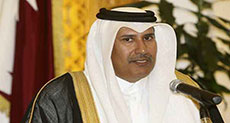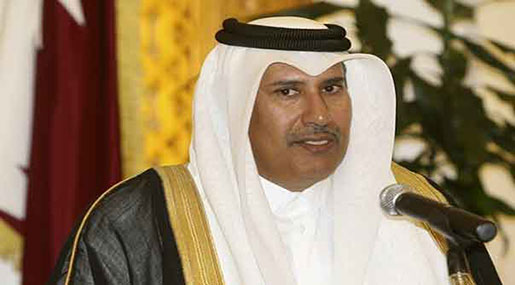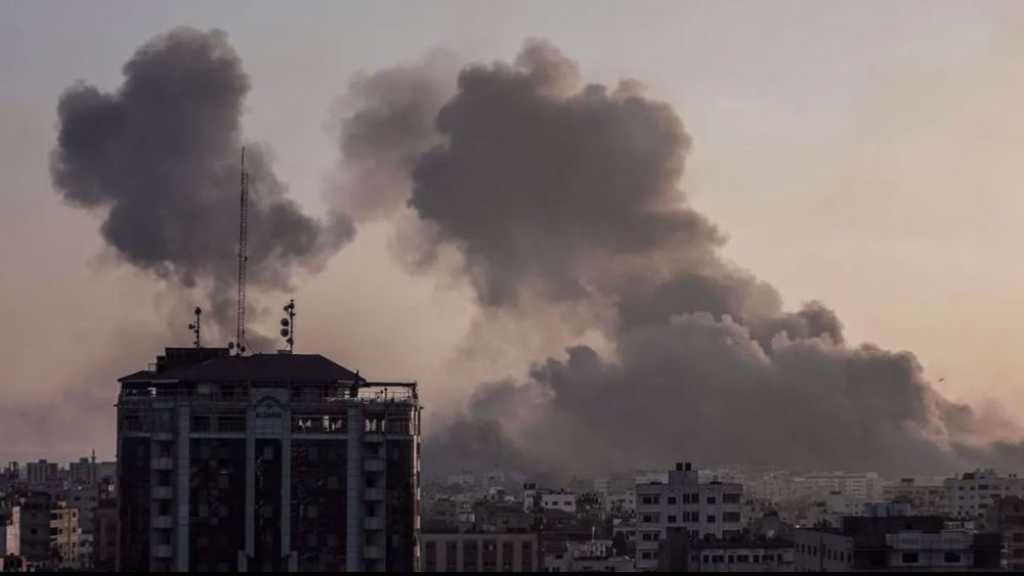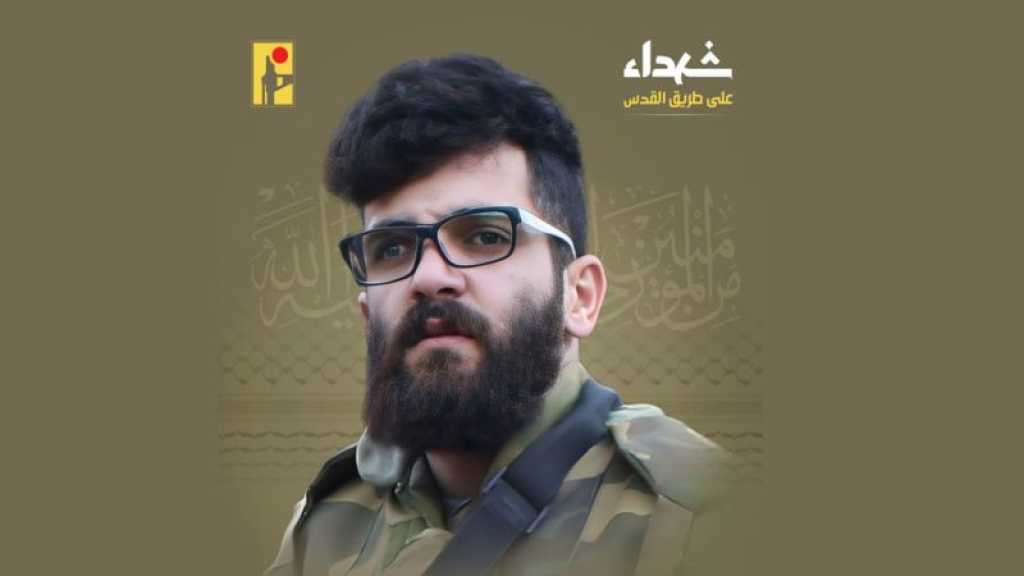
Hamad Bin Jaber al-Thani: Saudis Turned on Us in Syria, Iranians the Best Negotiators

Local Editor
Qatar's Hamad Bin Jaber al-Yhani admits that his country was the prime mover in the Syrian crisis but then Saudi Arabia turned against us and later tried to monopolize the Syrian dossier.

As PM of Qatar, he invested in Britain and intervened in the "Arab Spring". In one of his luxury London hotels he talks about what went right - and what went wrong.
It is three years since HBJ, as he is known in London's financial circles, stepped down as prime minister of the small state of Qatar, part of a deal in which Sheikh Hamad bin Khalifa al-Thani, the ruler at the time, abdicated in favor of his son Tamim. So powerful was HBJ that the only way for the new emir to rule was for both his father and the prime minister to exit.
When HBJ was asked about the recent Atlantic magazine piece "The Obama Doctrine", an extraordinary account of the US president's non-interventionist penchant and his attitude towards many allies, whom he describes as "free riders", HBJ said that everyone should be thanking Obama.
"To be frank, I am also depressed, and I don't blame him," he said. "We [Arabs] didn't demonstrate we are an ally you can rely on. We have to have an excellent relationship with the US but the US won't come to the region like before."
HBJ went on saying: "There was never a balance in the US-Gulf relationship. For 30 years the Gulf region led by Saudi Arabia was controlling the oil price for them [the West] - and what did we gain in return? When the price used to drop too much they would say, ‘Control the price'. Yet when the price would go up, they start screaming, they call us a cartel, and say, ‘You can't do this'."
Talk of self-reliance is popular in the Middle East today, but when it comes to putting it into practice, the consequences can be disastrous. Nowhere has that been more evident than in Syria, where the US outsourced support for the militants to Qatar and Saudi Arabia. Money and weapons flowed but with no clear strategy or direction; the whole enterprise was undermined by bickering and competition between the two Gulf States.
The Gulf's Syria policy is closely associated with HBJ, who was often seen as relishing the rivalry between Qatar and Saudi Arabia, Doha's larger and more powerful neighbor. When asked about holding some responsibility for the debacle in Syria, HBJ admitted:
"I will tell you one thing and that is maybe the first time I say this: when we started being involved in Syria [around 2012] we had a green light that Qatar would lead this because Saudi Arabia didn't at that time want to lead. After that there was a change in policy and Saudi Arabia didn't inform us that they wanted us in the back seat. We ended up competing and it was not healthy."
He further pointed out that the same policies used in Syria were followed in Libya, where Qatar and the United Arab Emirates backed opposing sides in the war since the demise of the Gaddafi regime in the 2011 revolution. He acknowledges that in Libya, "There were a lot of cookers in the end. That's why it was spoiled."
Accordingly, the former PM revealed that Iranians were smarter than the Arabs, he was quoted as saying: "I have to admit one thing: they [the Iranians] are more clever than us, and more patient than us, and the best negotiators. Look at how many years they negotiated [with world powers]. Do you think an Arab country would negotiate for so long?"
Source: FT, Edited by website team



